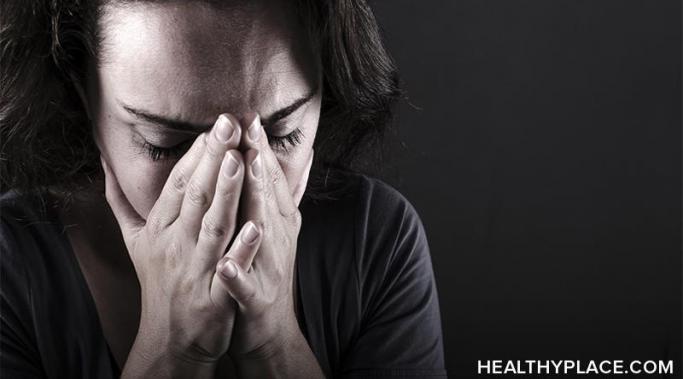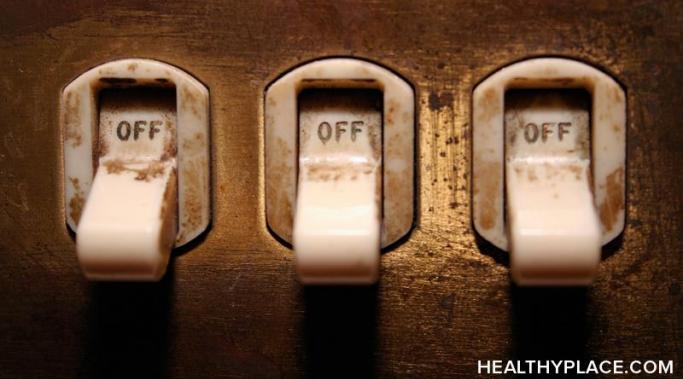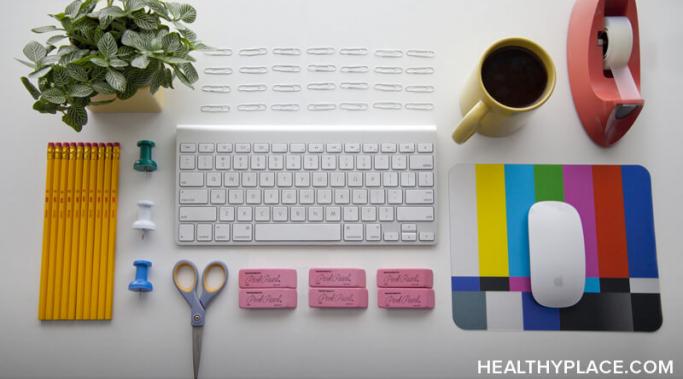Blogs
I've dealt with anxiety for a long time, and I've gotten to a point where I can recognize the symptoms of it. The problem is that sometimes anxiety happens for no apparent reason. When this happens, it's hard not to attribute it to something happening at the time. But sometimes, there really is not anything to attribute it to, and so, trying to problem-solve to help reduce any symptoms related to anxiety becomes difficult.
I was thinking back to my high school days. In particular, a memory of a talk in the school hall about the danger of harder drugs told by a recovering addict. That's where the term "gateway drug" became part of my vocabulary, specifically in relation to cannabis. This gateway drug idea was true on my part -- I firmly embraced the culture of marijuana at a young age. But my first drug encounter was with alcohol at the tender age of 13.
When was the last time you took a mental health day and didn't feel guilty about it? Wait, when was the last time you took a mental health day in the first place? Let's take a look.
One of the most complex parts of my recovery journey has been facing and letting go of the overwhelming guilt and shame I have attached to my past. These strong emotions can be difficult to work through, but there is freedom in learning from guilt. I am working on finding the lesson in each circumstance and letting go.
I think a healthy dose of fear helps ensure the integrity and continuity of our person and the relatively rational decision-making process that keeps us moving forward in our lives, or at least keeps us stable. Fear is necessary, but when left unchecked, it has a tendency to take over our lives. It takes one to know one, after all. I've spent the better part of my life cowering at one thing or another, and it led to total paralysis. If you're constantly afraid, whether it be of monsters, murderers, failure, or—finally—death, you've lost your freedom. You're a slave to your fear, and every choice you make won't reflect your autonomy as it ought to but, instead, your imprisonment. But you can make fear your friend to increase its usefulness.
Five symptoms of anxiety and depression include feelings of worthlessness, intense fear, rumination, thoughts of suicide, and guilt. I have experienced all of these symptoms. This has led me to miss out on opportunities that could have helped me improve my self-esteem, reach my goals, and find fulfillment. Last week, I decided to change that by volunteering for the Crisis Text Line. (Note: This post contains a trigger warning.)
Having faced gambling addiction, the silent adversary that stealthily infiltrates lives and wreaks havoc on a person’s financial, mental, and emotional wellbeing, I am proud to be standing on the side of gambling addiction recovery because so many others don’t make it out. As I share my story of recovery and hope, I recognize how fortunate I am to be here and hope to help others stand on this side of gambling addiction recovery.
I have an eating disorder voice that needs to be turned off. I first began the work to heal from an eating disorder in 2010, and it's been a passion of mine ever since. But despite all those years of hard-fought experience in the eating disorder recovery trenches, I am still learning how to turn off the eating disorder voice in my head. This voice was a staunch, relentless companion for most of my adolescence. At times, I could not even separate my own inner voice from the eating disorder beliefs, anxieties, and compulsions always shouting at me.
You can learn how to support an employee with depression or bipolar. Employers play a big role in their employees' lives. Most people work 40-hour weeks and eight-hour days. This is a lot of time spent working, so it's important that those hours are supportive of each employee's wellbeing. I have had some bad experiences with prior workplaces and also some exceptional experiences. People with bipolar disorder or depression can be brilliant, hard-working, passionate employees, just like anyone else, and with a little extra help and accommodation, they can be very successful.
Schizophrenia and routines are good partners. As someone with schizophrenia and generalized anxiety disorder (GAD), my mind can often feel chaotic. I might simultaneously experience olfactory hallucinations (smells), paranoia, and cycling thoughts about worst-case scenarios or other symptoms. These symptoms leave little space in my brain for health and wellbeing. That is why when I am at home, I follow a routine to add order and a sense of safety. Routines can give us a feeling that we have something we can count on when we have schizophrenia. They can also offer structure that can help with feeling out of control.










Thanks!